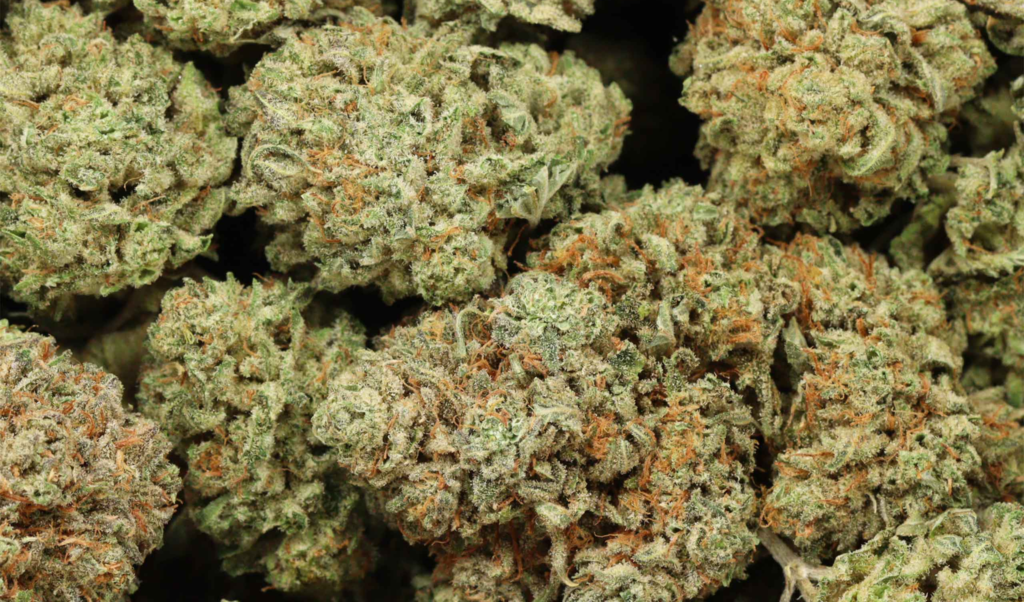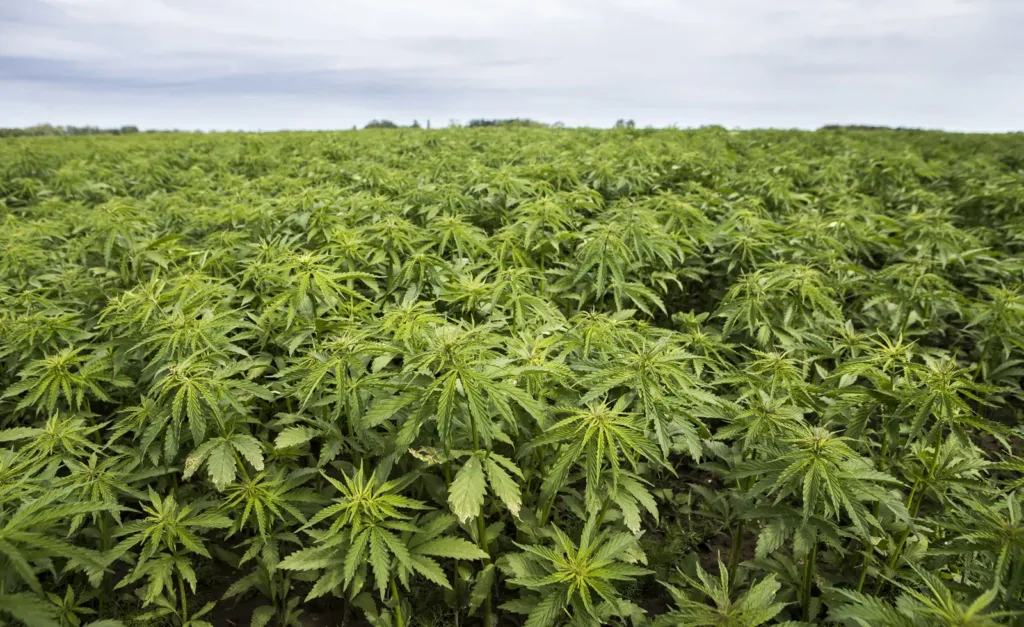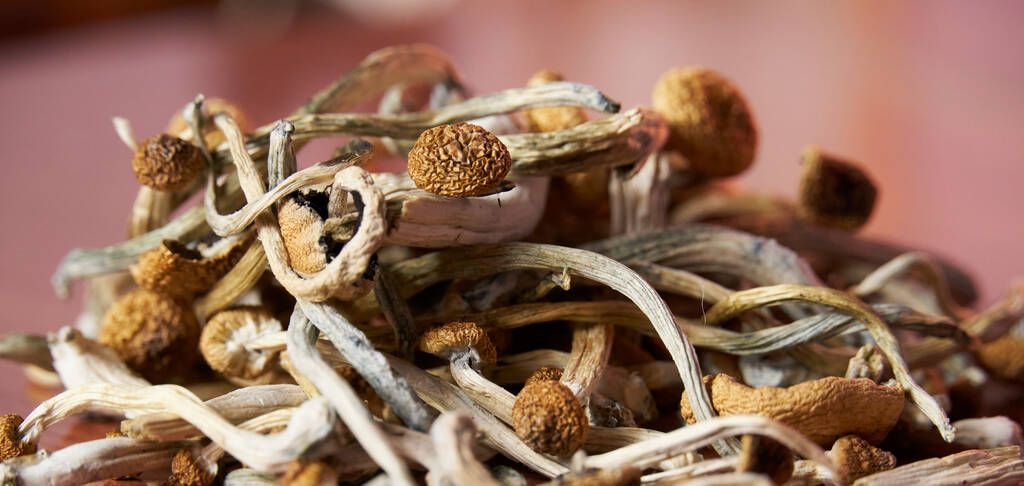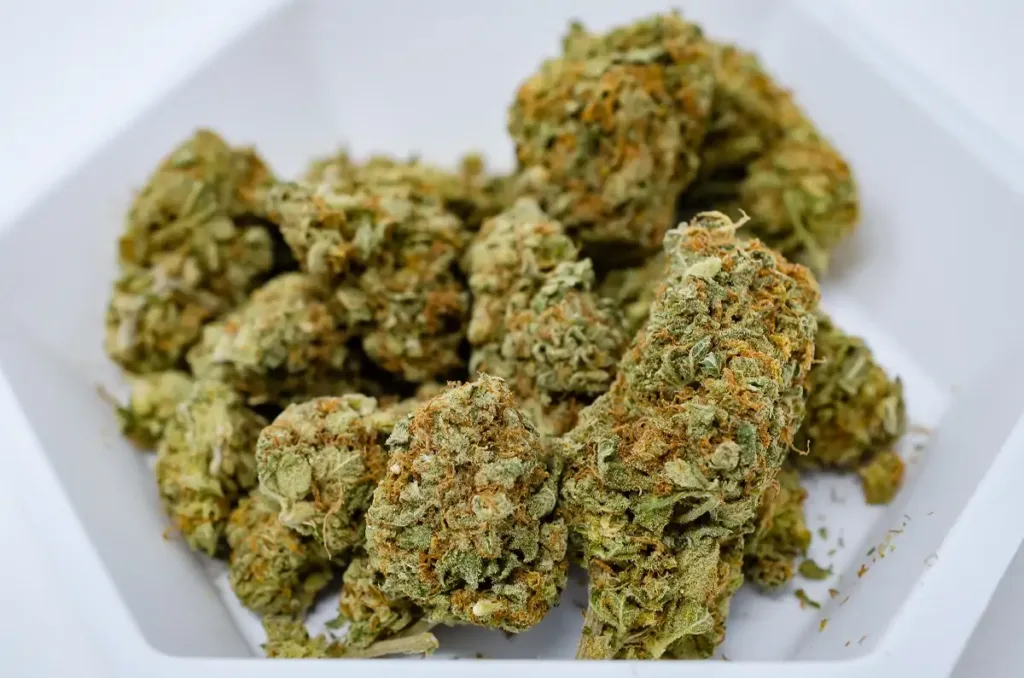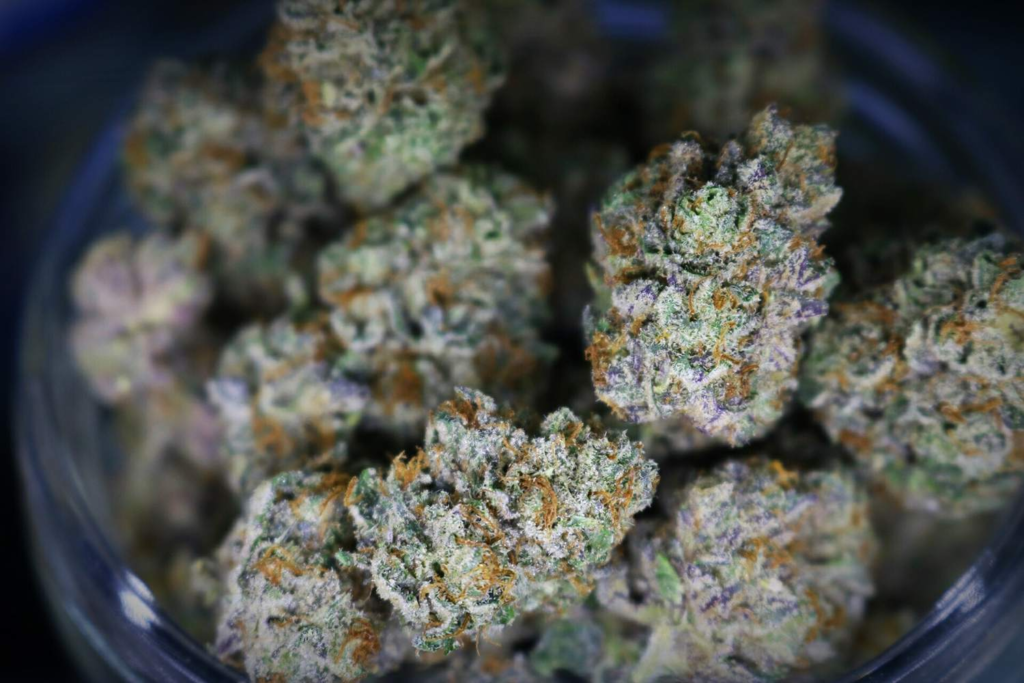A clinical trial from UC San Diego has found that psilocybin, the psychoactive compound in magic mushrooms, could provide lasting relief for amputees suffering from phantom limb pain, which affects 60-80% of amputees and has no reliable cure.
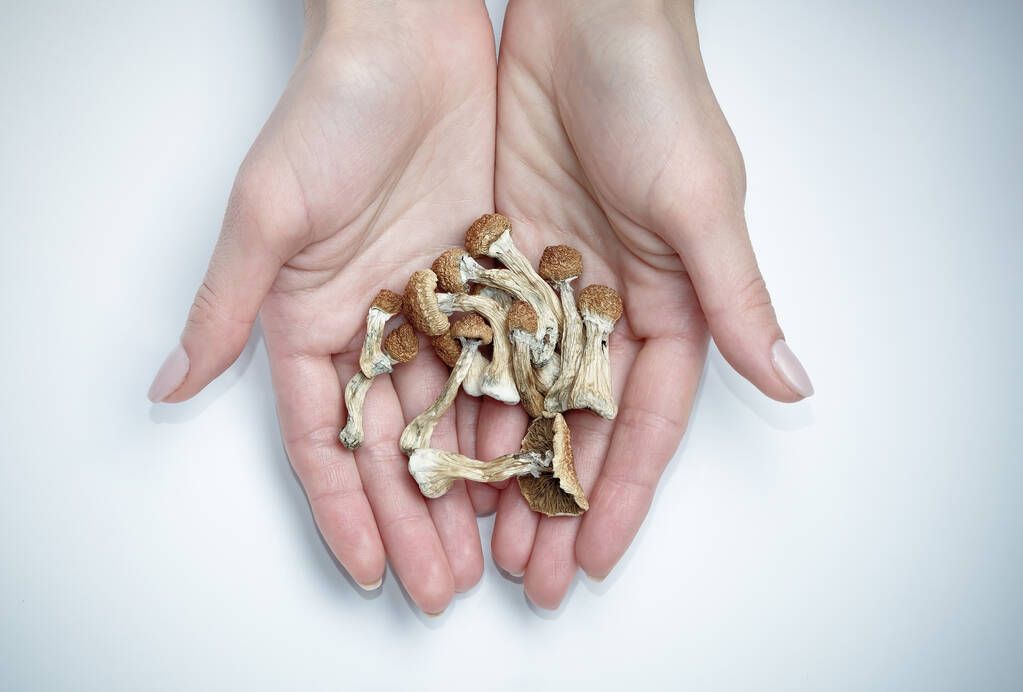
Psilocybin mushrooms.
Dr. Fadel Zeidan, co-founder of UCSD’s Center for Psychedelic Research, led the first-ever randomized controlled trial on psychedelics for chronic pain. Participants took either a high dose of psilocybin, equivalent to 4 to 5 grams of dried mushrooms, or a placebo dose of niacin. Both groups underwent three days of psychological preparation before their psychedelic session, followed by a month of integration therapy.
The results were remarkable.
Continue reading


